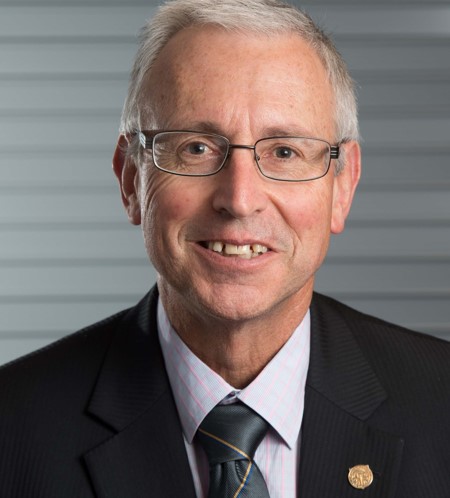 |
||
Professor Spencer Beasley is the current Vice President of the Royal Australasian College of Surgeons. During his term on the College Council, he has held office bearing positions as Chair, BSET, Chair of Professional Development, Chair of the Academy of Surgical Educators and Chair of the Court of Examiners. He is also the Clinical Professor of Paediatrics and Surgery, Christchurch School of Medicine and Health Sciences, University of Otago; Clinical Director and Consultant Paediatric Surgeon/Paediatric Urologist at Christchurch Hospital; Honorary Consultant Paediatric Surgeon, Starship Children’s Hospital, Auckland and provides a regional paediatric surgical service to Dunedin, Invercargill, Greymouth, Nelson, Timaru and Blenheim. Professor Beasley has edited 8 books and published more than 300 peer reviewed articles and book chapters. Specialist Societies and their College: How Can They Work Best Together to Promote Surgical Care?
Council relies on the specialty societies and regional committees to connect with the broader fellowship. Their advice and guidance enhances the effectiveness and influence of our College in both countries. While many issues are common to all surgeons and regions, specific challenges and opportunities emerge that may be unique to particular craft groups (eg OHNS).
It benefits both societies and the College to work collaboratively in the areas of advocacy, professional standards, and surgical training. Both groups have their areas of influence and expertise, the societies have specialist knowledge, and the College has connections with various jurisdictions and access to other resources. Both groups work to improve the quality of patient care.
RACS is a membership organisation which has devolved responsibility for organising specialty scientific meetings to each specialty society. AOA apart, specialty training boards remain funded College committees, but the College leaves determination of the SET training curriculum, selection onto SET training, accreditation of training posts and assessment of trainees to the specialty itself. In return the College negotiates with jurisdictions the ongoing right to surgical training and works with all the specialty societies on agreed standards and processes to achieve this. It supports societies in their advocacy activities and CPD – and around the handling of complaints and appeals. RACS protects the reputation and integrity of our profession, and engages with government, medical councils, and other stakeholders on our behalf. The more successful the College is in these activities, the easier is our life as surgeons!
|
